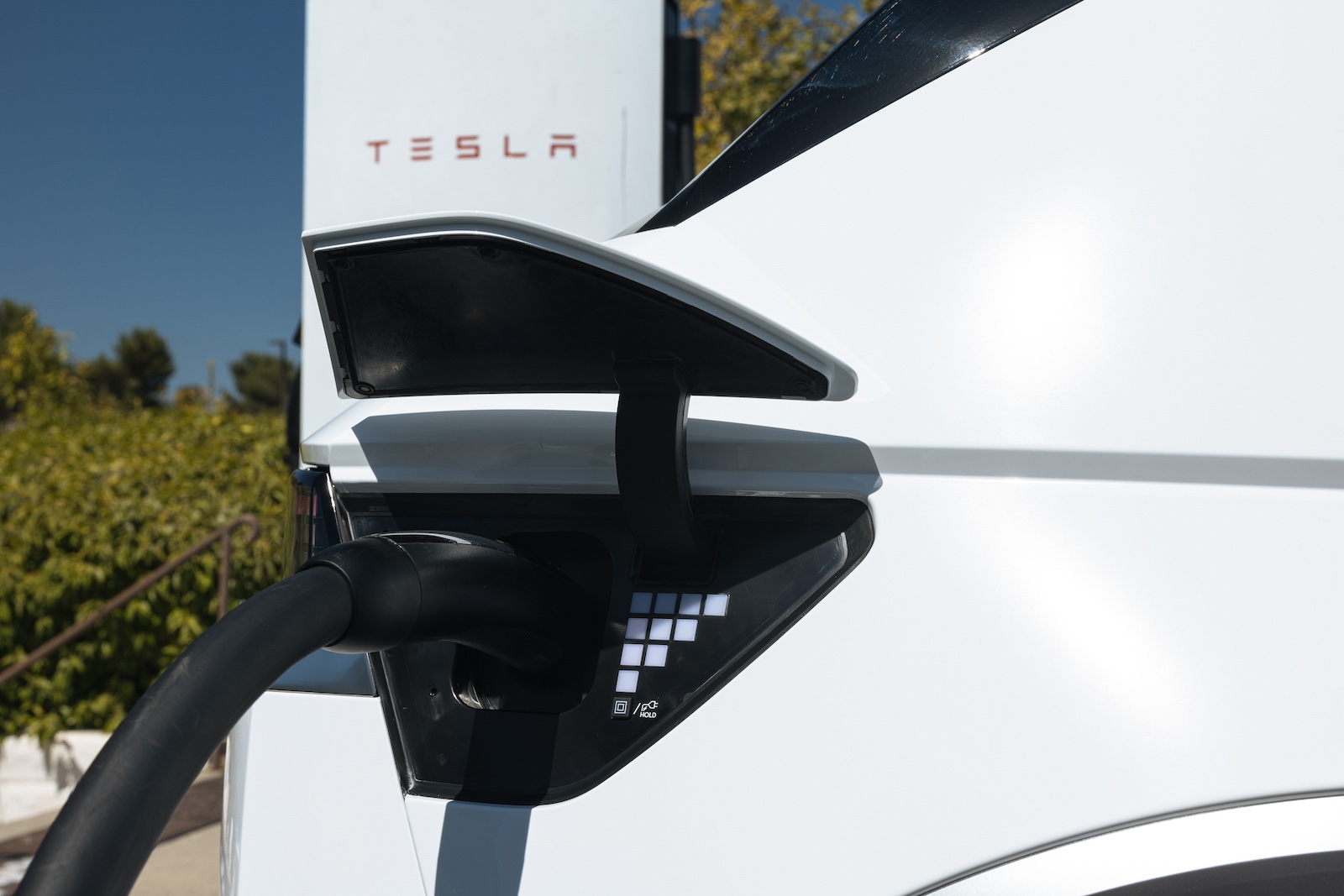Sign up for daily news updates from CleanTechnica on email. Or follow us on Google News!
Tesla’s just had a tough quarter, including in the United States, but a tough quarter for Tesla would be a stunning, fantabulous success for any other company trying to sell electric vehicles. In the USA, according to data from Cox Automotive and Kelley Blue Book, more than one out of every three new electric cars on the road were Tesla Model Ys, and more than one half of all new electric cars on the road were Teslas. Of course, that is nothing new. I don’t recall how many years it’s been that Tesla has accounted for more than 50% of US EV sales, but it’s definitely been years.
A little more interesting to me is the fact that the Tesla Model Y outsold the Model 3 by more than 3 to 1. People love their crossovers, don’t they? I’ve created US electric car sales reports for years, and estimates of Tesla model sales have been part of that — since Tesla doesn’t break out sales by region, or even by model now. It’s not clear if Cox Automotive and Kelley Blue Book have official registration data from the states or are also making informed estimates based on various sources, but I don’t think the imbalance between the Model Y and the Model 3 has ever been so great in the Model Y’s favor.
There are surely a few reasons for this. One is that the new version of the Model 3 just got to the US and production and deliveries were ramping up. There may have been a notable supply shortage. If that’s the big culprit, the next two explanations may not matter, or exist, at all. One is that, perhaps, people are not eager to get the new Model 3 because of the lack of a P-D-N-R stalk. That has spooked a lot of people out and turned them off from the new Model 3. Then there’s the long-term trend toward SUVs and crossovers — fewer and fewer people want sedans. Strongly supporting that trend, some core Model Y trims were also eligible for the full $7,500 tax credit while the Model 3 Performance (the most expensive option) was the only Model 3 eligible for the $7,500 tax credit. As a result, you could actually get a Model Y for cheaper than a Model 3! When you get more cargo space (a lot more), more passenger space (a bit more), and a higher seating position for less money, it’s hard to pass up.
The third best selling electric model was the Ford Mustang Mach-E. Though, the Model 3 still had more than three times as many sales as the Mustang Mach-E, which had 3.5% of the US EV market (compared to the 11.3% of the Tesla Model 3 and the 35.4% of the Tesla Model Y). Like I said at the top, a tough quarter for Tesla would be a stunning, fantabulous success for any other company trying to sell electric vehicles.
The Rivian R1S and Ford F-150 Lightning rounded out the top 5, with the two of them grabbing 2.9% and 2.8% of the US EV market, respectively.
Here’s the full top 10 list:
- Tesla Model Y — 96,729 sales (35.4% of US EV sales)
- Tesla Model 3 — 30,842 sales (11.3%)
- Ford Mustang Mach-E — 9,589 sales (3.5%)
- Rivian R1S — 8,017 sales (2.9%)
- Ford F-150 Lightning — 7,743 sales (2.8%)
- Chevy Bolt EV/EUV — 7,040 sales (2.6%)
- Hyundai IONIQ 5 — 6,822 sales (2.5%)
- Volkswagen ID.4 — 6,167 sales (2.3%)
- Cadillac LYRIQ — 5,800 sales (2.1%)
- Tesla Model X — 5,607 sales (2.1%)
Naturally, with Tesla sales down and Tesla accounting for such a significant portion of the EV market, US EV sales dropped in the first quarter. “Electric vehicle sales in the U.S. declined during Q1 2024 — the first quarter-over-quarter downturn since Q2 2020,” Stephanie Valdez Streaty, Cox Automotive’s Director of Industry Insights, noted. That’s despite Rivian sales rising 71% year over year, BMW EV sales rising 63%, Audi EV sales rising 29%, Cadillac EV sales rising 499%, Ford EV sales rising 86%, Hyundai EV sales rising 76%, and Kia EV sales rising 138%. Some other brands did see their EV sales drop, but as you can see, the first quarter was actually a very strong quarter for several popular electric vehicles markets. It was just a notably bad quarter for Tesla in which is sales, unusually, dropped not just quarter over quarter but also year over year. And, as the story happens to still be, as Tesla goes, so goes the overall US EV market.
I’m very curious to see what the second quarter brings. Any predictions?
Have a tip for CleanTechnica? Want to advertise? Want to suggest a guest for our CleanTech Talk podcast? Contact us here.
Latest CleanTechnica.TV Video
CleanTechnica uses affiliate links. See our policy here.






